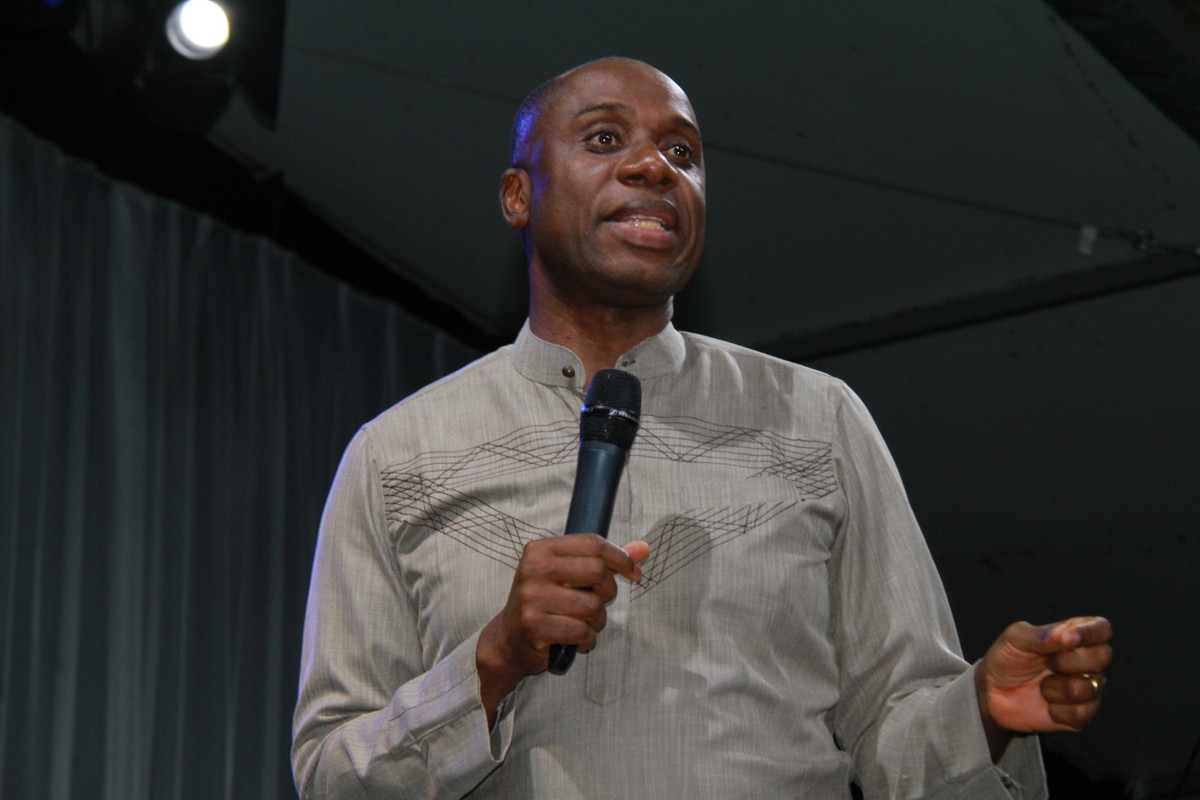ABUJA, Nigeria — Former Minister of Transportation and ex-Governor of Rivers State, Rotimi Amaechi, has accused several prominent Nigerian politicians of hypocrisy, saying those who once sabotaged former President Muhammadu Buhari’s electoral reform efforts are now pretending to champion the same cause.
Speaking at the National Electoral Reform Summit in Abuja, Amaechi alleged that some of the politicians currently leading calls for electoral change were among those who persuaded Buhari not to sign the Electoral Amendment Bill during his administration.
“When we were in government, Buhari swore that one legacy he would leave behind was electoral reform — a process that would make sure every vote counted,” Amaechi said.
“But when the National Assembly brought the bill, some politicians went to him, pushed him beyond measure, and stopped him from signing. Now, those same people are the ones shouting for reform.”
Amaechi described the renewed clamour for reform as “the height of political hypocrisy,” arguing that many Nigerian politicians only support reforms that align with their political interests.
“Most of those who talk about electoral reform do so depending on where their stomach is facing,” he said.
“If they’re eating, they don’t want reform. If they’re hungry, suddenly they remember reform.”
He said Nigeria’s inability to institutionalise credible elections has trapped the country in a “cycle of deceit,” where political elites alternate between benefiting from and protesting against the same flawed system.
Amaechi, who served as Director-General of Buhari’s 2015 and 2019 presidential campaigns, said the former president’s failure to sign the electoral bill into law was one of the most consequential mistakes of his tenure.
“That singular act denied Nigeria a chance to entrench fairness in our electoral system,” he said.
“If Buhari had signed it, we wouldn’t be here today talking about reform.”
The former governor cautioned the Bola Tinubu administration against repeating past errors, warning that those currently in power risk becoming advocates for reform only after losing an election.
“If tomorrow, President Tinubu and his people lose an election, they will suddenly become the loudest voices for reform,” Amaechi said.
“It’s the same cycle — people only want justice when they are out of power.”
Amaechi urged Nigerians to stop relying on politicians or labour unions to deliver reform, insisting that only organised civic pressure can bring lasting change to the electoral system.
“Will government give you reform? No. Don’t wait for NLC or NANS — they no longer exist in the way they used to,” he said.
“It’s citizens’ participation that will stop those who don’t want reform.”
He concluded by calling on citizens to confront apathy and take ownership of the democratic process.
“When you say results are already written, you’re spreading fear. If citizens come out in numbers, nobody can steal the result,” he declared.
“Reform won’t come from government — it will come from you.”







